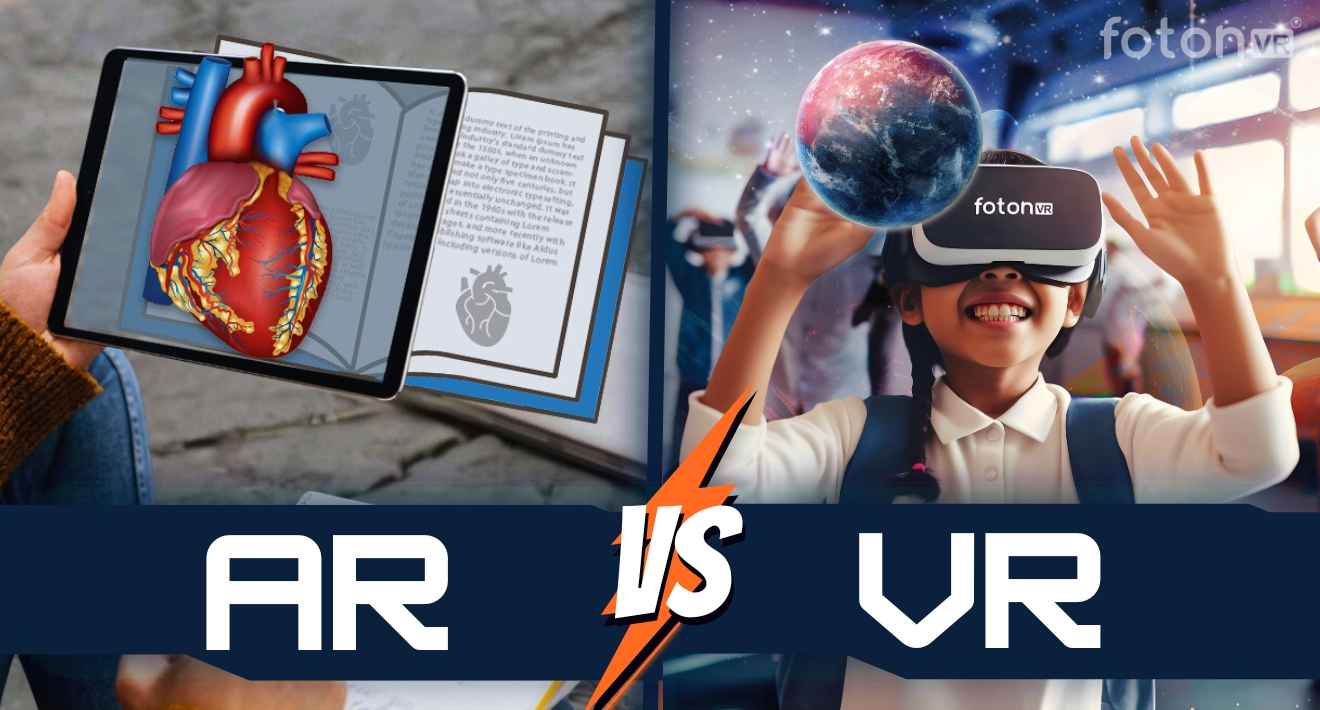_1698746399896.png)

In this time where technology continuously reshapes the educational landscape, meraprofVR is setting the example by combining Virtual Reality (VR) into science education. To improve student understanding of complicated scientific concepts with making learning more involving and interesting experience is our mission. The Palanpur Vidyamandir Trust workshop conducted in July 2024 shows our dedication to this mission. We focused on increasing in-depth understanding of students about science subjects, creating tough concepts enjoyable and easier for them by introducing them to an amazing and the latest VR experience.

"The VR workshop was a game-changer for our students. Concepts that were once difficult for them to grasp became clear and engaging. The excitement and interest in science that this workshop generated are invaluable." – Mr. Rajesh Kumar, Science Teacher. "The virtual reality experience was like stepping into a new world of learning. Seeing the human body from the inside and understanding how electric motors work through VR was amazing. It made science fun and easier to understand." – Priya Sharma, Grade 10 Student.
"I’ve always found the lymphatic system hard to understand, but seeing it in VR made everything so clear. I wish we could learn all our chapters this way!" – Rohan Mehta, Grade 9 Student. "Taking apart and rebuilding a virtual motor was really cool. I finally understood how it works, and it’ssomething I’ll remember for a long time." – Kavya Patel, Grade 10 Student.
"This workshop has set a new benchmark for how science should be taught. The engagement and understanding we saw in our students are proof that VR can make a significant difference in education." – Mrs. Anjali Desai, Head of Science Department.
The success of VR workshop at Palanpur Vidyamandir Trust was outstanding in which strength of VR technology in improving science education was discovered. Also, the response from both teachers as well as students was very positive. They found this workshop very useful for them and also it was spotlighted that this VR technology makes science education very easy, interesting and enjoyable. This workshop provided students with the base for blending the VR technology with the school's curriculum in future along with giving a unique learning experience. meraprofVR is looking ahead to do collaboration with schools like Palanpur Vidyamandir to deliver creative solutions for education to students through which students can get support to give best in the world of science.
| Application | Benefits | Examples |
|---|---|---|
| Education | Interactive learning | Virtual science labs |
| Training | Safe, controlled environment | Medical procedures |
| Entertainment | Immersive experiences | VR games |
If you want to learn more about this kind of learning solution, click the button below to contact us!
Contact Us